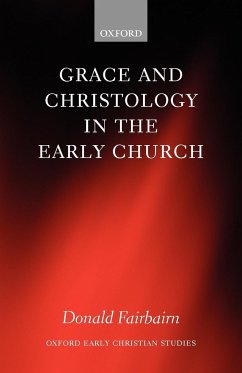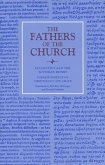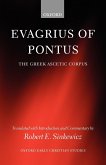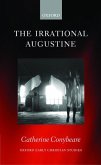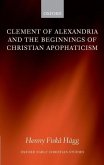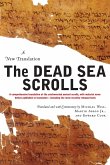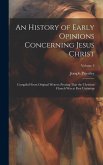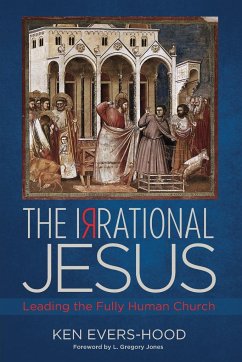Was there a genuine theological consensus about Christ in the early Church? Donald Fairbairn's persuasive study uses the concept of grace to clarify this question. There were two sharply divergent understandings of grace and christology. One understanding, characteristic of Theodore and Nestorius, saw grace as God's gift of co-operation to Christians and Christ as the uniquely graced man. The other understanding, characteristic of Cyril of Alexandria and John Cassian, saw grace as
God the Word's personal descent to the human sphere so as to give himself to humanity. Dealing with, among others, John Chrysostom, John of Antioch, and Leo the Great, Fairbairn suggests that these two understandings were by no means equally represented in the fifth century: Cyril's view was in fact
the consensus of the early Church.
Hinweis: Dieser Artikel kann nur an eine deutsche Lieferadresse ausgeliefert werden.
God the Word's personal descent to the human sphere so as to give himself to humanity. Dealing with, among others, John Chrysostom, John of Antioch, and Leo the Great, Fairbairn suggests that these two understandings were by no means equally represented in the fifth century: Cyril's view was in fact
the consensus of the early Church.
Hinweis: Dieser Artikel kann nur an eine deutsche Lieferadresse ausgeliefert werden.

